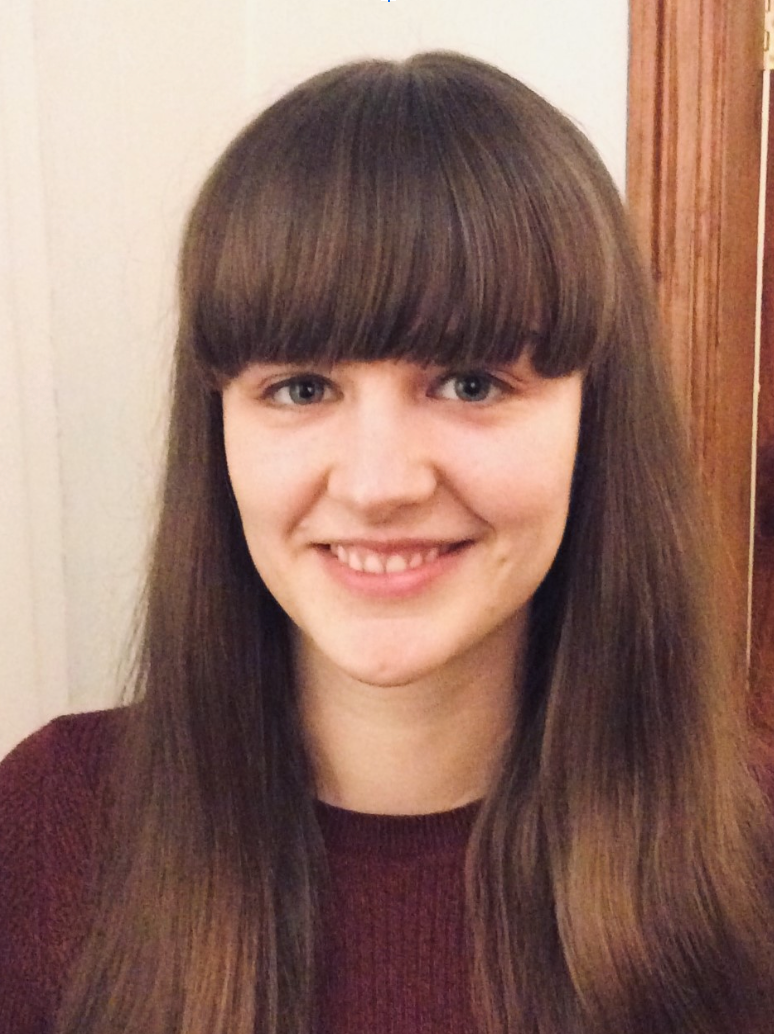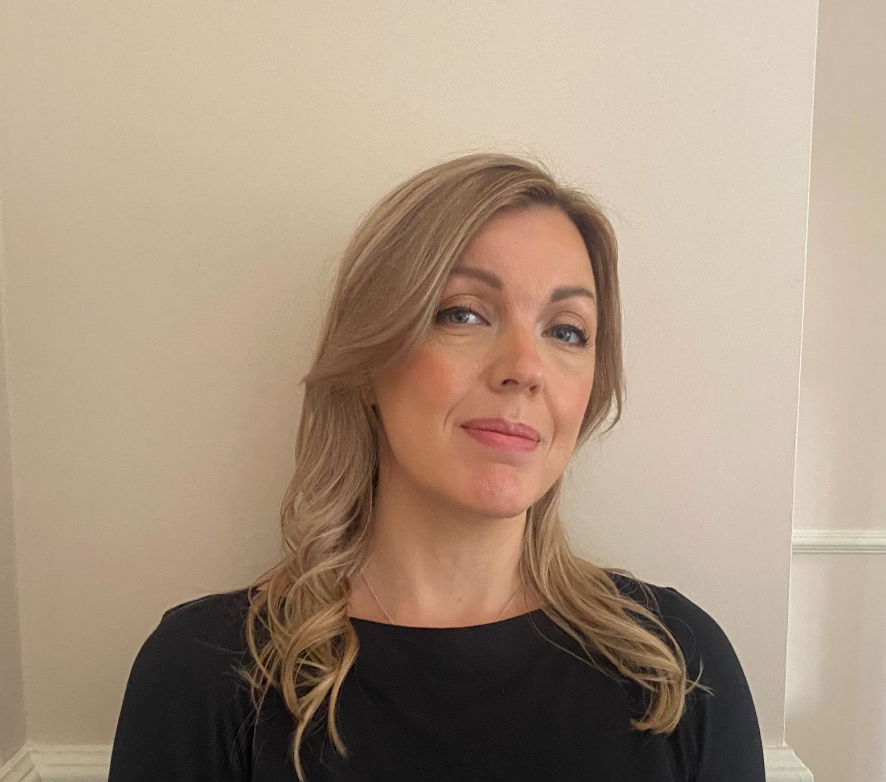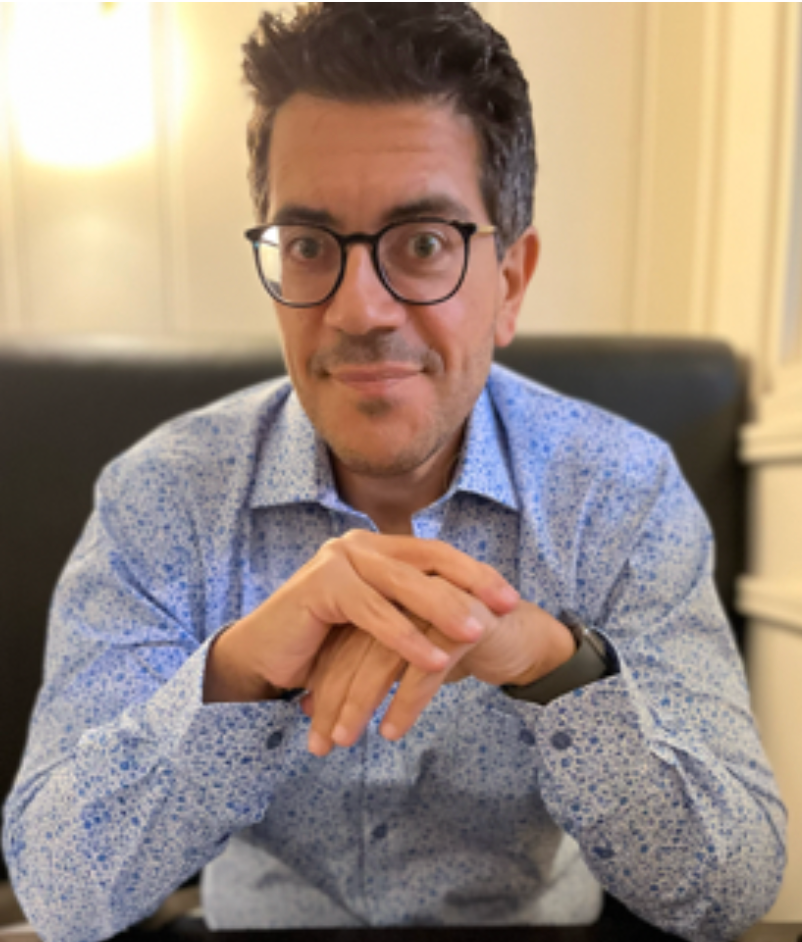
Working with young people as co-researchers
A major priority of the Youth Geographies of Inequality project is to include and integrate the voices of young people as much as possible into the research process, and one aim we had was to bring in young people as researchers within our team. This involved training them and supporting them to conduct research, as researchers in their own right. This blog outlines how we went about this, in what ways we supported young people, and what they achieved as a result of this.
Training Young People as Co-researchers
After engaging young people in the opportunity through publicity, an important part to get right was the training day. We organised a day on campus where we met with the Young Co-researchers and ran an informal training session. It was really important to us that while we were there to train them on how to conduct qualitative interviews, we also made the environment as non-intimidating and as interactive as possible.

Using icebreakers where the participants chose emojis and expressed what they wanted to learn, doing practice interviewing exercises and encouraging them to ask questions along the way were important elements to training in qualitative interviewing, which we received positive feedback from the young people. Taking the training at a slow pace was key to this, and we returned to points throughout the training, to ensure that the Young Co-researchers were comfortable and had understood the training material. After we completed the training, we had a group discussion about the topics of the research, which led to the Young Co-researchers writing questions for the interview topic guide, with the support of the research team.

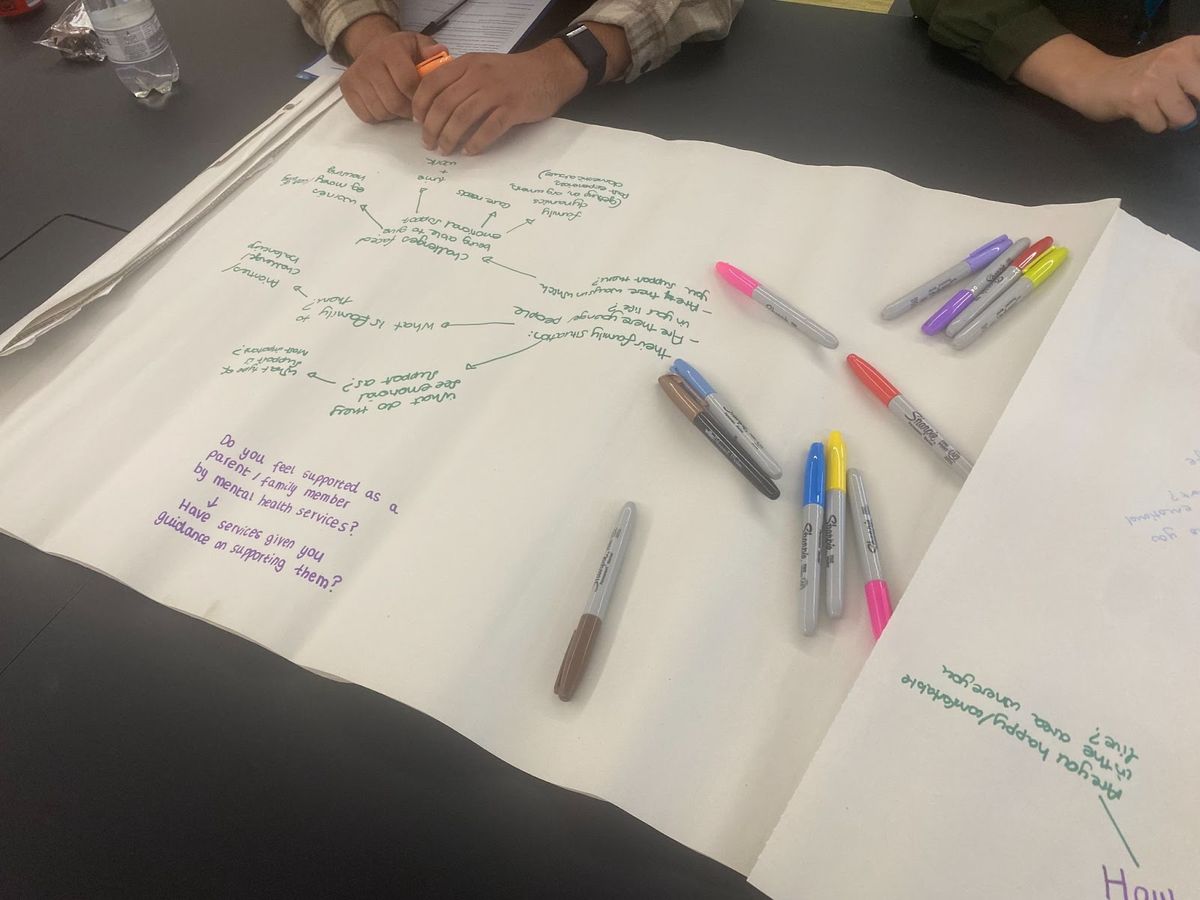
Conducting interviews with Young Co-researchers and Adult Participants
Arranging interview times, dates and locations is always a challenge for any data collection. What became immediately apparent when organising the co-researchers interviews were the additional challenges in coordinating the availability of Young Co-researchers, who were often in education, and adult research participants, who were often in employment. After a complex exercise of scheduling availabilities, we managed to arrange the interview times with young people but this was an area we probably underestimated when thinking about the time needed to coordinate everyone's needs
Before each Young Co-researchers’ first interview, it was important to meet with them at the location beforehand, to ensure to chat with them, give opportunity to ask questions, and to aim to build confidence in the lead up to the interview. We discussed with the young people who would introduce the project and who would explain the consent process to the adult interviewee. In most cases we (as the experienced researchers) explained this alongside the Young Co-researcher, dividing up different elements of the information between us. For several ethical reasons, we remained in the room with Young Co-researchers as the interviews took place. Firstly for safeguarding reasons, and also to provide support and encouragement to the young person as they ran the interview. Having made it clear to the Young Co-researchers beforehand that if we interrupted, this did not mean their interviewing was at fault, we occasionally asked points of clarification or helped a Co-Researcher to express their thoughts from time to time if they struggled. Being aware of the content of the interview was another key consideration, to ensure that we could discuss with young people anything that may have been potentially triggering or distressing to them, along with sign-posting support if needed.
We were very impressed with the Young Co-researchers’ ability to conduct the interviews, making the interviewees feel at ease, and following up the questions from our topic guide with their own follow-up questions. They were able to gather a wealth of data surrounding older generations’ perspectives on young people’s emotional support in York, and greatly assisted the wider project team in developing our understanding of how different generations perceive emotional support.
Wrap-up and Analysis
The final stage, after conducting all data collection, was to bring the Young Co-researchers together again a final time, to distribute participation certificates, bring the project to a natural conclusion, and importantly to involve young people in the analysis of the data that they had gathered. A discussion was held surrounding the topics which had come up in interviews, with Young Co-researchers comparing the different elements of the themes that had emerged. They were then encouraged to add their thoughts on different themes to large pieces of flip-chart paper.
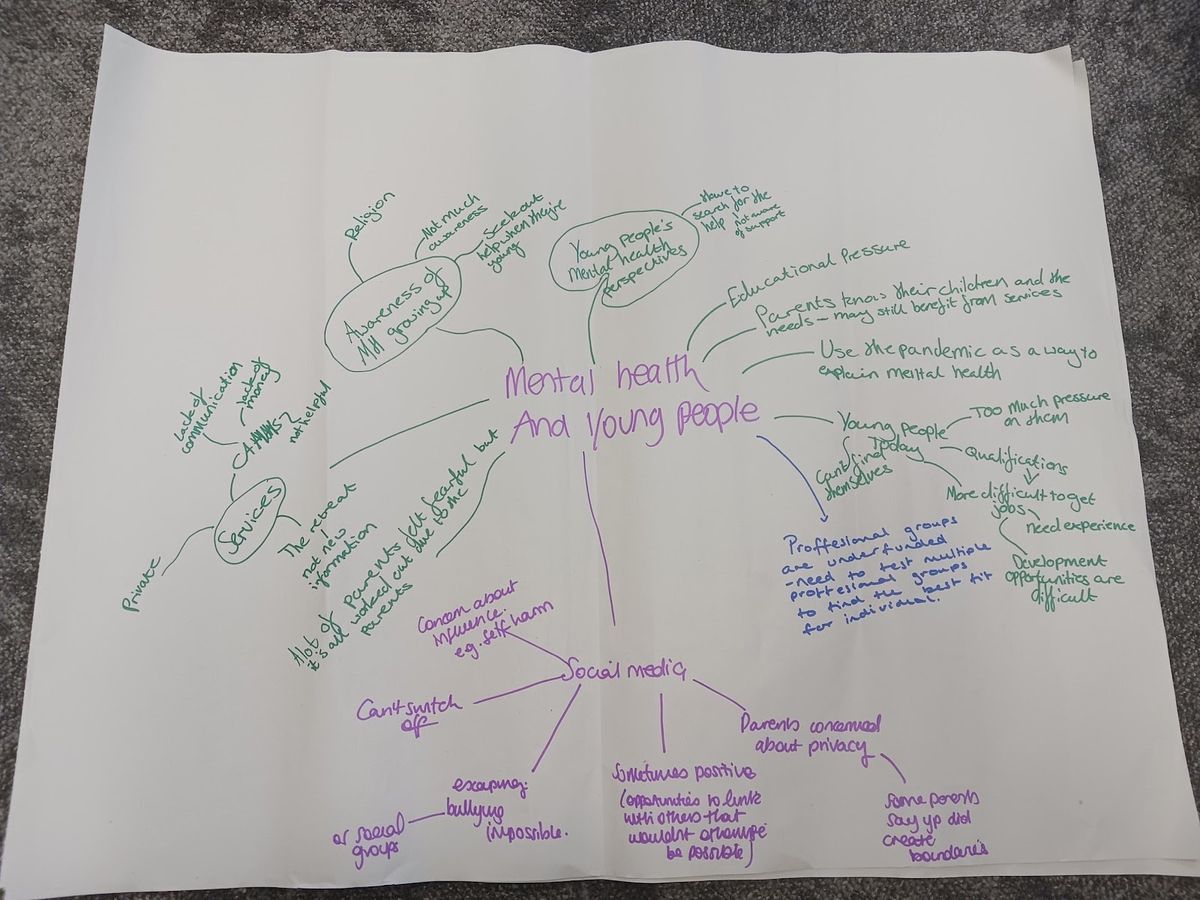
What we achieved, what Young Co-researchers achieved
Reflecting on what we have achieved as a team from involving Young Co-researchers in the wider project, bringing together different voices to the research process has been hugely beneficial and has greatly strengthened the research process. This was particularly the case with involving the voices of young people in this particular topic of research, where young people’s understanding of emotional support and wider societal issues was so valuable. In particular we felt that young people were best placed to ask questions on issues affecting young people’s lives such as mental health and social media, as they have a strong awareness of how these issues directly impact their lives. For the Young Co-researchers, they built skills in qualitative interviewing, alongside many other softer skills too. When asking the Young Co-researchers to reflect on what they had learnt as part of the process, they also mentioned improvements in confidence and communication skills, as well as empathy and reflecting with gratitude on the people who had supported them in their lives.

